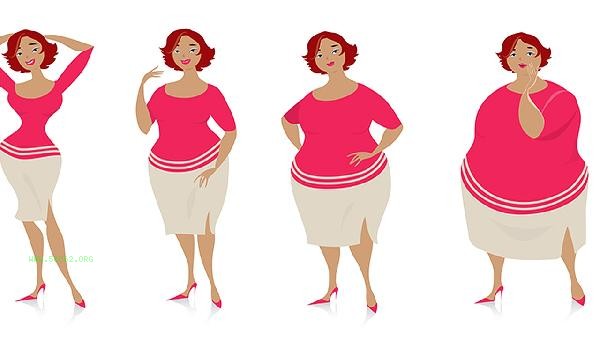During the menstrual period of weight loss for girls, it is necessary to balance nutrition and calorie control, with a focus on supplementing iron, protein, and vitamins, and avoiding raw, cold, and stimulating foods. The main precautions include increasing heme iron intake, ensuring high-quality protein, choosing low sugar carbohydrates, supplementing with B vitamins, and controlling salt intake.

1. Iron supplementation to prevent anemia:
During menstruation, iron elements are lost with menstrual blood. It is necessary to eat more foods with high heme iron content, such as animal liver, duck blood, beef, etc., which have a better absorption rate than plant-based iron sources. Combining kiwifruit and fresh dates rich in vitamin C can enhance iron absorption and avoid affecting absorption when consumed with coffee or strong tea. The recommended daily iron intake is 20mg.
2. High quality protein priority:
Choose low-fat and high protein ingredients such as fish, chicken breast, shrimp, etc., which can maintain muscle mass and avoid fat accumulation. Daily protein intake shall not be less than 1.2g/kg body weight, and vegetable protein such as tofu, sugar free soybean milk can be eaten alternatively. Avoid processing meat products and reduce intake of saturated fatty acids.
3. Low GI staple food selection:

Replace refined rice and flour with oats, brown rice, and sweet potatoes to slowly release blood sugar and reduce fat synthesis. The main course of each meal should be controlled at fist size, and supplemented with chia seeds or flaxseed to increase dietary fiber. During the first three days of menstruation, an appropriate increase of 50g of carbohydrates can be added to alleviate discomfort.
4. Supplementing with B vitamins:
Whole grains, egg yolks, and dark green vegetables are rich in B1, B6, and B12, which can regulate estrogen metabolism and alleviate menstrual irritability. Nut based foods provide vitamin E and magnesium, and daily intake of 15g almonds or cashews can improve dysmenorrhea symptoms.
5. Salt control and edema elimination:
Premenstrual hormone changes tend to lead to water and sodium retention, and the daily amount of salt should be controlled within 5g. Use lemon juice and vanilla as seasonings to avoid pickled foods. Add diuretic ingredients such as winter melon and celery, combined with moderate exercise to promote water metabolism.

It is recommended to adopt a mild dietary adjustment strategy for weight loss during menstruation, with a daily calorie deficit of no more than 300 calories. For breakfast, you can eat red date millet porridge with boiled eggs. For lunch, you can choose cereals rice with steamed fish and spinach. In the afternoon, you can add sugar free yogurt and blueberries. For dinner, you can recommend tomato tofu soup and steamed pumpkin. To avoid menstrual disorders caused by dieting, exercise should focus on low-intensity activities such as yoga and walking, and resume regular training three days after menstruation. Maintain a daily water intake of 2000ml and reduce water intake 2 hours before bedtime to prevent edema. If severe dysmenorrhea or abnormal menstrual flow occurs, the weight loss plan should be suspended and medical attention should be sought in a timely manner.




Comments (0)
Leave a Comment
No comments yet
Be the first to share your thoughts!